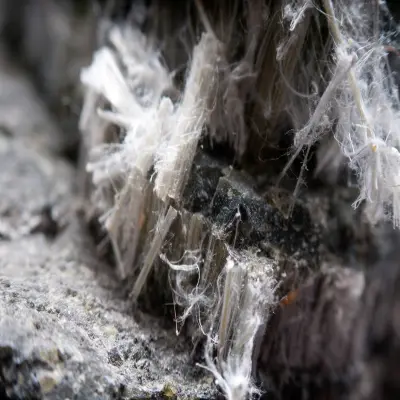New Jersey Asbestos Regulations and Laws
New Jersey has enacted comprehensive laws and regulations to protect workers and the public from asbestos exposure. These regulations are primarily enforced by the New Jersey Department of Environmental Protection (NJDEP) and the New Jersey Department of Labor and Workforce Development (NJDOL).
New Jersey Department of Environmental Protection (NJDEP)
The NJDEP oversees asbestos abatement activities, including:
- Licensing of asbestos abatement contractors
- Issuing permits for asbestos removal projects
- Ensuring proper disposal of asbestos-containing materials
- Providing guidance on managing asbestos in public buildings and schools.
New Jersey Department of Labor and Workforce Development (NJDOL)
The NJDOL enforces workplace safety regulations related to asbestos exposure, including:
- Establishing permissible exposure limits for asbestos fibers
- Mandating worker training and certification for asbestos-related tasks
- Requiring the use of personal protective equipment to minimize exposure.
Key Laws and Regulations
- Asbestos Control and Licensing Act (ACLA): This act establishes licensing requirements for asbestos abatement contractors and sets standards for asbestos removal and disposal.
- Worker and Community Right to Know Act: This act requires employers to inform workers about hazardous substances, including asbestos, in the workplace.
- New Jersey Administrative Code, Title 7, Chapter 29: This chapter provides detailed regulations on asbestos abatement procedures, worker safety, and waste disposal.




 Call
Call